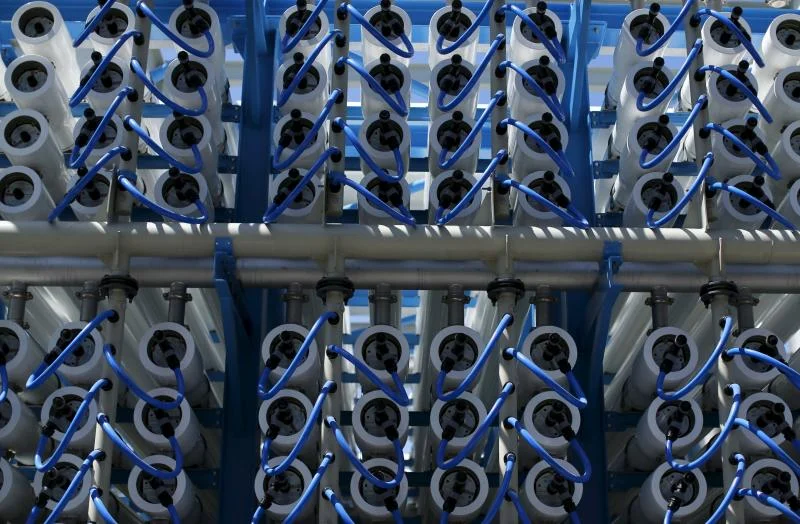Growing Awareness of the Water Crisis Shows Potential Solutions
/"Broadly speaking, the world faces three separate water-related challenges that have each gotten much worse in recent decades. First, the world’s fresh water is very unevenly distributed, meaning that cities and farms often have to invest enormous resources in bringing it to where it’s needed. Because the world’s population is both growing and increasingly clustered in cities, it’s becoming more and more challenging to find enough water to grow more crops and at the same time fill more washbasins. "
Read More







